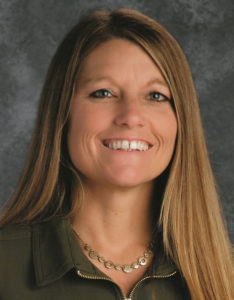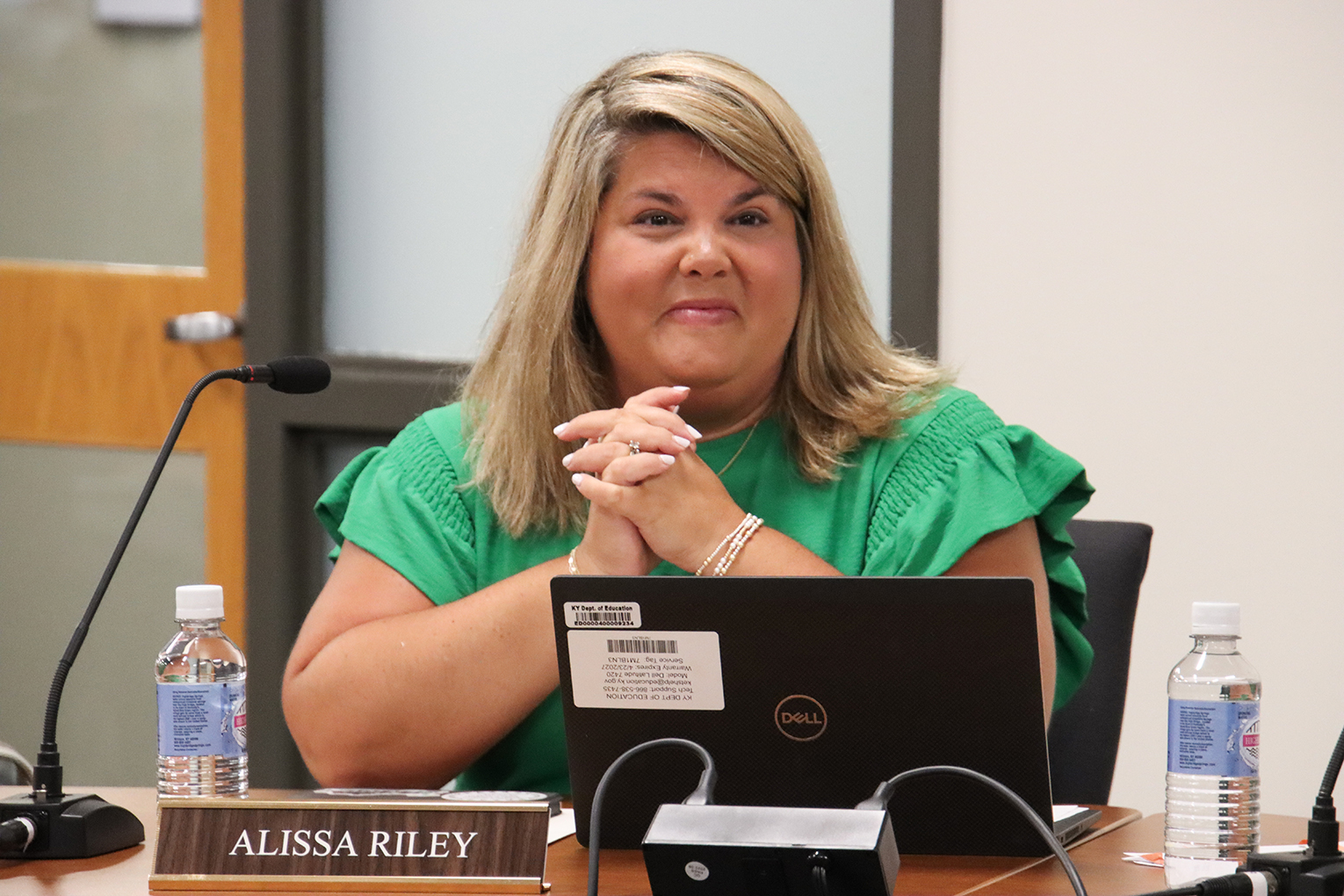
Belinda Furman
Have you ever stopped to think about your favorite teacher and your least favorite teacher? Did you ever wonder what the major difference between the two was?
Well, for me it had to do with relationships. I remember how my favorite teacher took the time to get to know me as a student and as an individual learner. She made me feel special and always treated me with respect. I genuinely believed she cared, which made it easier to talk to her.
Building relationships with others is very important, especially in our classrooms. During my 18 years in education, I have tried to build positive relationships with my students that will help them not only through the school year, but also into the future. These positive relationships help students to see their potential, allow me to guide them in setting goals and encourage them to achieve their best.
To me, relationships are opportunities to instill hope, to create bonds, and to promote growth and respect.
As a teacher, most of us are aware of Maslow’s hierarchy of needs. In 1943, psychologist Abraham Maslow proposed a theory about the basic needs of all humans. In his framework, he included esteem, love/belonging and safety as three of the most important needs a human has. These three needs – along with physiological (which refers to a person’s body getting what it needs, like food and drink) and self-actualization (believing in your own talents and potential) – must be met for students to feel respected and valued.
Unfortunately, if a student’s needs are not met, they may feel more anxious and apprehensive in the classroom, which means that learning could be more difficult for that child. Positive relationships help students meet their needs and develop the self-actualization that can lead to more engagement for student in the classroom, improved student behavior, and help the student achieve at higher levels.
So if relationships are so important to a child being successful in school, how do you foster them? Well you can begin by getting to know your students through interest inventories and personal interviews. Ask them how they like to learn best and what goals they have for themselves.
Don’t forget the parents too. Most parents know their children better than anyone, so ask them about their child’s strengths and weaknesses, as well as any concerns they have. Asking parents about their child will help you build relationships with them as well. Most likely, the parents will see that you are trying to get to know your students on an individual basis and appreciate your efforts. You will want to have the support and appreciation of the parents because their cooperation will be important.
But learning about students isn’t a one-time thing, it’s a process. Once you get to know your students as individuals, you have to keep learning about them as individual students.
A great way to learn even more about your students is to listen to them. Plan times to confer with them on a regular basis about their learning. Ask them how they are doing and what they are working on. The key, however, is to listen more than you talk. Whether you are conferring with your students about their growth or goals, listening and actually hearing them will help nourish the relationship you have built. You will be able to guide their learning and they will value your input even more.
Another way to foster healthy relationships with students is to incorporate respect. Treat all of your students with respect and show them you care. Students who believe their teachers care about them are more likely to listen to their feedback and give more effort.
Patrick Allen, in his book “Conferring: The Keystone of Reader’s Workshop,” discusses how to teach the students about the importance of trust, tone and respect in the classroom. By simply asking students what respect looks like to them, we as educators can make the classroom a more welcoming environment.
Speaking of a welcoming environment, don’t be sarcastic with your students or call them out in front of their classmates. When students get embarrassed by their teacher – especially in front of their peers – it has a negative impact that can damage any relationship you have built. Remember to treat your students fairly and equally, showing them that all ideas are valued.
According to “Art and Science of Teaching/Relating to Students: It’s What You Do That Counts,” noted trainer and education researcher Robert J. Marzano states, “perhaps the most powerful message from the research is that relationships are a matter of student perception. They have little to do with how a teacher actually feels about students; it’s what teachers do that dictates how students perceive those relationships. ”
So what can we as educators do to change our students’ perceptions? Believe in them, empower them, advocate for them and be who they need. I once saw a quote by Ayesha Siddiqi, a member of the editorial board of The New Inquiry online magazine, which said, “Be the person you needed when you were younger.”
Since hearing these words, I have tried to live by them as an educator.
Finally, try to be the teacher, mentor, counselor and ally that your students need. Build positive relationships with your students that can have lasting effects. I hope that someday, when your students think back about their favorite and least-favorite teachers, you come to their mind as one of their favorites. Maybe you were the difference for that child and for many more. Maybe the relationships you foster today with your students will become tomorrow’s lasting memories.
Belinda Furman is beginning her first year as the curriculum specialist at Mason-Corinth Elementary School. She is in her 18th year at Grant County Schools. She taught last year at Sherman Elementary as a 2nd-grade teacher and her first 16 years at Dry Ridge Elementary. Furman earned her bachelor’s degree from Northern Kentucky University, her master’s degree in instructional leadership from Eastern Kentucky University and achieved her Rank 1 through National Board certification. She is the 2018 Kentucky Elementary Teacher of the Year.



Thanks so much for your article! I teach high school and I find relationship building is the real secret to classroom management. When we show students that we love them, they want to cooperate!
Thanks again!
You’re welcome Perri. I’m glad you see the importance of relationship building with your students. I agree it can be a vital role in classroom management too.